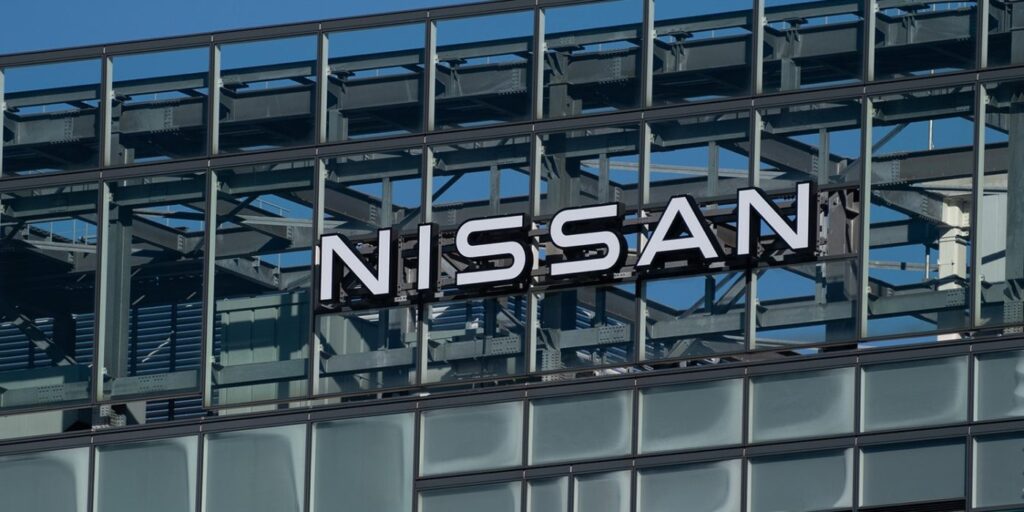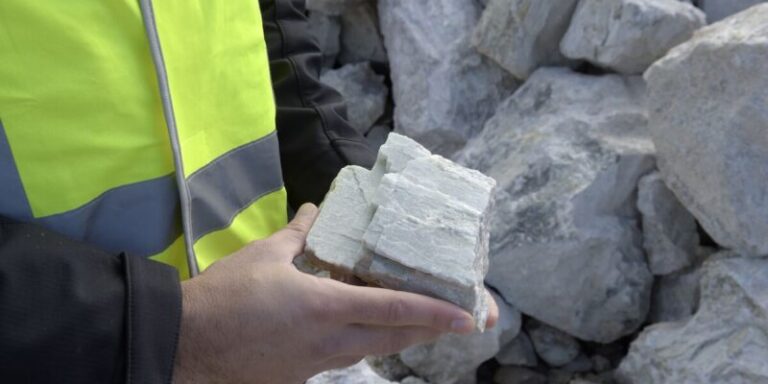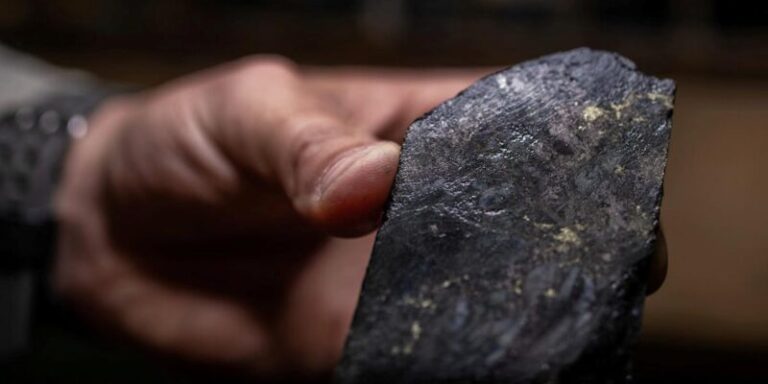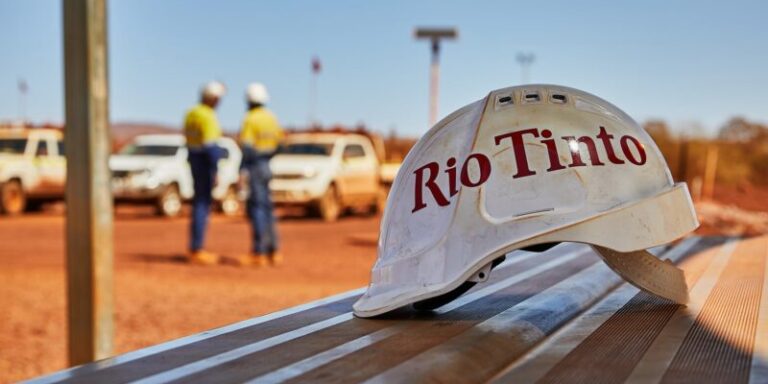
In an effort to make electric vehicles (EVs) more affordable and increase its market share, Nissan is shifting its battery strategy by planning to manufacture lithium iron phosphate (LFP) batteries.
These batteries are known for being 20-30% less expensive than the nickel-cobalt-manganese (NCM) type.
By targeting emerging markets and aiming for a 2026 rollout, Nissan intends to provide a cost-effective alternative in the EV landscape.
Despite offering a lower energy density than their NCM counterparts, resulting in about 20-30% less driving range, LFP batteries can cater well to certain regional demands.
Nissan is betting on their suitability by advancing their development at their Japanese research and development facility.
While Nissan might assemble these batteries domestically at facilities such as its Yokohama plant, partnerships and potential imports are also being explored.
This move is anticipated to intensify competition with Chinese manufacturers, namely BYD, which currently leads the LFP market.
BYD, which recently overtook Tesla in global EV sales, boasts a significant market share, with its Blade Battery equipped in vehicles sold around the world.
Nissan, playing catch-up, recognizes the necessity to innovate and recently indicated upcoming changes to their EV strategy, highlighting the introduction of new, economically viable models to reclaim a competitive stance in the EV race.
Summary: Nissan is adapting to the competitive EV market by developing and potentially manufacturing cost-efficient lithium iron phosphate (LFP) batteries.
Targeting their release in 2026 for emerging markets, Nissan aims to lower EV prices and secure a larger market presence while competing with dominant LFP producers like BYD.
FAQ Section:
What new strategy is Nissan implementing for electric vehicles?
Nissan is planning to manufacture lithium iron phosphate (LFP) batteries to make EVs more affordable and increase its market share.
Why is Nissan focusing on LFP batteries?
LFP batteries are 20-30% less expensive than nickel-cobalt-manganese (NCM) batteries and can meet regional demands despite a lower energy density that results in a reduced driving range.
When does Nissan plan to roll out these LFP batteries?
Nissan targets a 2026 rollout for their LFP batteries, focusing on emerging markets.
Where might Nissan assemble these LFP batteries?
Nissan may assemble these batteries domestically at facilities like its Yokohama plant, but partnerships and imports are also being considered.
How does this move affect Nissan’s position in the market?
This move is expected to increase competition with Chinese manufacturers, especially BYD, by offering cost-effective alternatives in the EV landscape.
What impact has BYD had on the EV market?
BYD has recently overtaken Tesla in global EV sales and leads the LFP market, equipping its vehicles with the Blade Battery.
What are Nissan’s expectations regarding its EV strategy?
Nissan intends to introduce new, economically viable models to reclaim a competitive stance in the EV race.
Key Terms and Definitions:
– Electric Vehicle (EV): A car, truck, or bus that is powered entirely or partially by electricity.
– Lithium Iron Phosphate (LFP) Battery: A type of lithium-ion battery using lithium iron phosphate as the cathode material, known for its cost-effectiveness and safety.
– Nickel-Cobalt-Manganese (NCM) Battery: A common type of lithium-ion battery with nickel, cobalt, and manganese in its cathode.
– Energy Density: The amount of energy a battery can store relative to its weight or volume.
– Market Share: The portion of a market controlled by a particular company or product.








